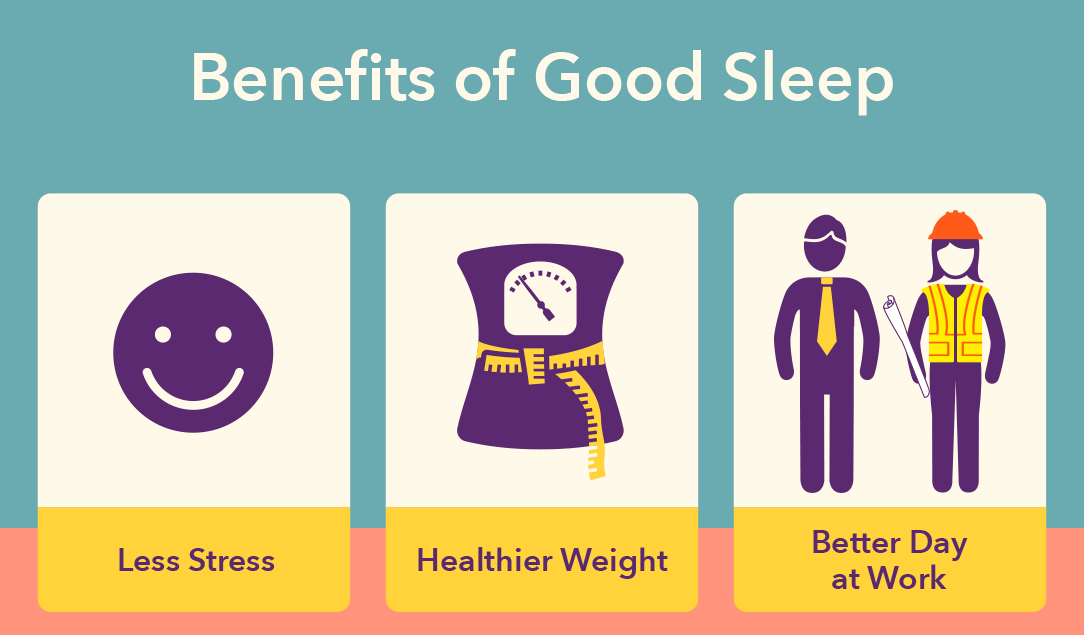The Benefits of Sleep by Tayeb
The Benefits of Sleep By Tayeb
Sleep is something that I can confidently say involves each and every one of us. It’s often overlooked, but it concerns us all: so I present to you a beginner’s crash course to understanding sleep.
From birth, we have just accepted that for the rest of our lives we will forever-more spend a third of it in a comatose-like state that resembles death. When thinking from an evolutionary perspective, it is a peculiar state since we are most vulnerable without our consciousness, and it also takes away time that could be used to gather food, mate, nurture offspring, socialise and stay safe from predators. So, why do we still sleep?
Simply because the benefits outweigh the drawbacks.
A few examples of health altercations from routine sleep of less than 6-7 hours are:
- It doubles the risk of cancer
- It is a key lifestyle factor in developing Alzheimer’s
- Heavily affects blood sugar levels
- Greater risk of cardiovascular diseases, strokes and congestive heart failure
- Deteriorating mental health
- Changes in appetite & metabolic rate as it causes hormone levels to be unstable
The nitty-gritty science behind sleep
There are two hormones that dictate sleep; melatonin and adenosine.
Melatonin releases according to timings given by our inner clocks a couple hours before we typically go to sleep to essentially tell our brains to shut down since it’s time for bed. This is why we are typically told to keep a routine sleep schedule so that it becomes easy to fall asleep everyday. It also makes sure that your internal clock stays on track, rather than going through the struggle of being tired but suddenly being wide awake the moment you get into bed. Relatable by any chance or has it only happened to me?
Adenosine is “sleep pressure”. This is what tires us out the longer we are awake. With every passing moment, more of this hormone builds up in our brain to make us sleepier as the day goes on. This links to the way that caffeine works, as caffeine artificially mutes this sleep signal, but the moment it runs out people realise how much sleep pressure has built up while the signal was on mute, probably better known as a “caffeine crash”.
Now for the two types of sleep, REM and NREM. REM stands for rapid eye movement sleep which is the sleep where our minds are active and we dream. NREM, very creatively, stands for non-rapid eye movement sleep and this is our deep, restful sleep. These types of sleep operate on a weird rotation so you’d think that if you slept per se 6 hours you’d have an even split of 3 hours each. Well… that’s not the case. In the early part of the night we get our deep sleep out of the way with the teensiest bits of dream sleep sneaking in and the opposite towards the end of the night where we get our fun dream sleep. This is why it’s important to get the typical recommended 8 hours of sleep since we need restful sleep for a healthy body, and dream sleep as a therapy for a healthy mind and a lower stress day- well, doesn’t that sound nice. However, keep in mind our bodies have different needs so we each have a different sweet spot for a refreshing night’s sleep, some people may only need 6 hours while others might even need 12 hours, but the general 8 hours is a good starting point to figure it out.
Summary
To summarise, sleep has an absolute ton of benefits and what has been stated above is just the tip of the ice-berg. You’ll have to trust me on that one or perhaps this blog might have sparked an interest to make you want to learn more about sleep all on your own. To end this off; here is some advice to help you improve your personal sleep journey:
- Keep a routine
(Keeps the cycle, so all the right things happen at the right time.)
- Reduce screen time before bed
(The light frequencies cause your brain to stay active!)
- Avoid big meals near bed-time
(Digestion needs energy so it will make it hard to go fully into rest mode)
- Avoid caffeine
(Caffeine is a drug! Not to mention that it stays in your system for a long time so even if you drink it early in the day the leftovers in your system will reduce your sleep quality.)
- Exercise in the day
(This helps balance out hormones and reduce stress and it makes you tired so you’re more than ready to get a good night’s rest.)

